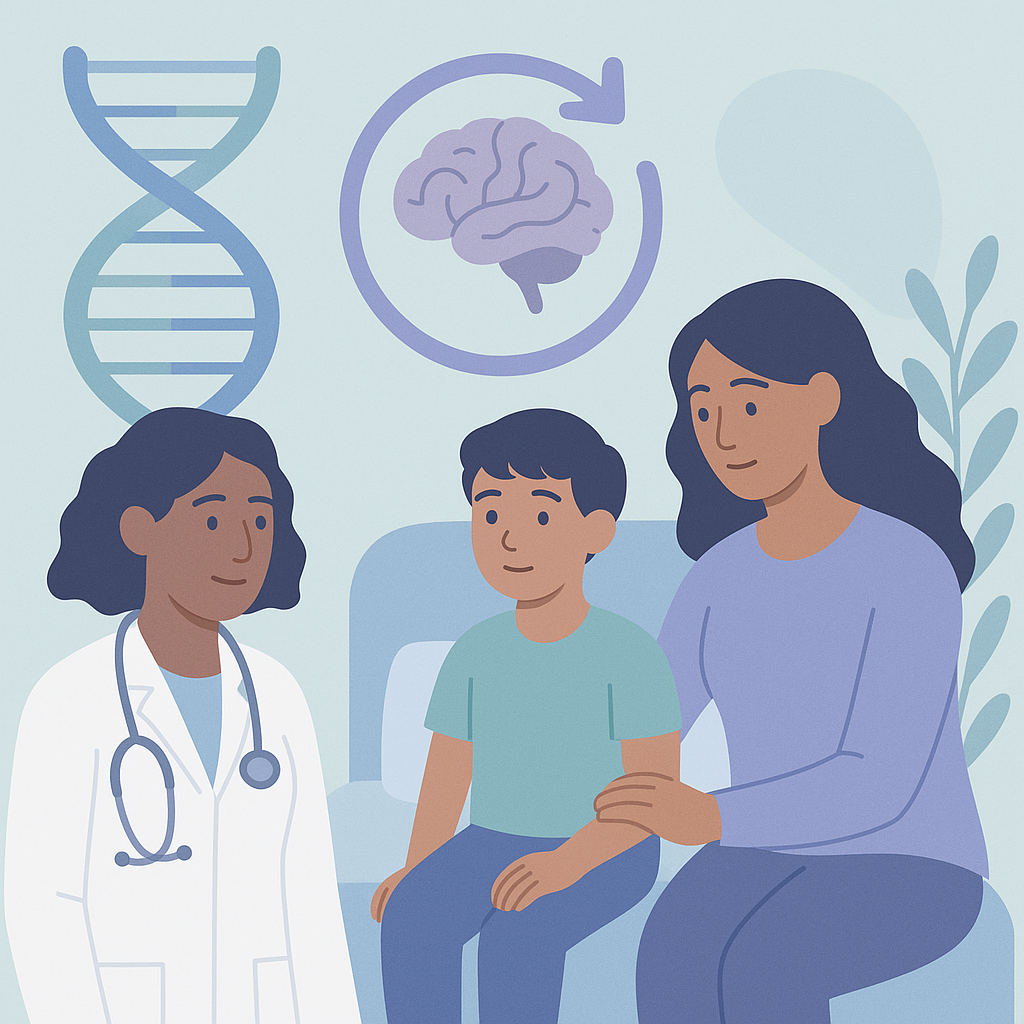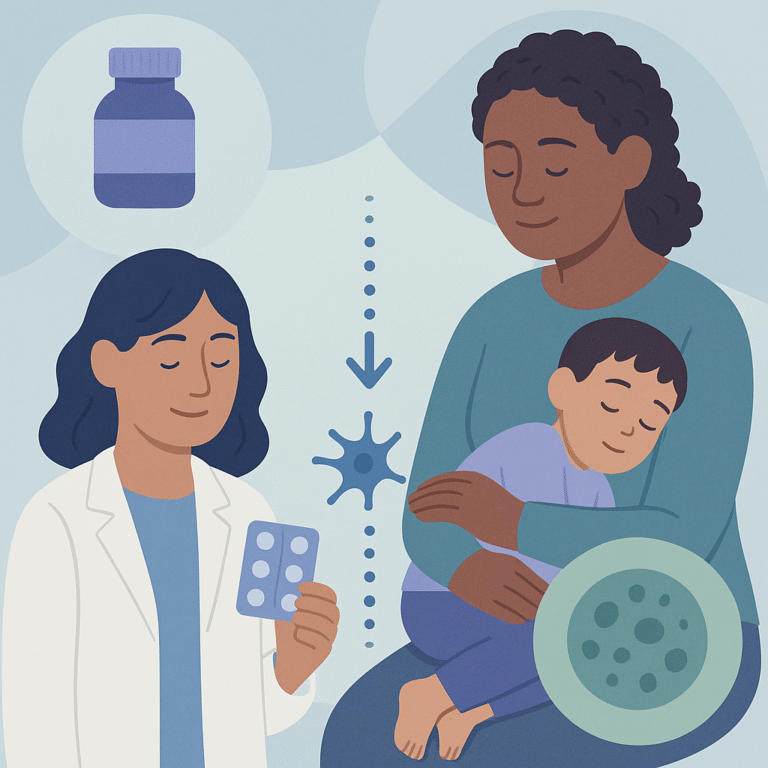Genetic Insights into Pyridoxine-Dependent Epilepsy in Children
⚠️ Infant dosing/safety: medication and diet decisions for infants require individualized medical guidance.
Source: Frontiers in neurology
Summary
Researchers studied six Chinese children diagnosed with pyridoxine-dependent epilepsy (PDE) to understand the clinical features and genetic changes related to this condition. The study took place at Linyi People's Hospital between 2017 and 2023. The team used advanced genetic testing methods to identify variants in the ALDH7A1 gene, which is linked to PDE, and assessed how these variants affected the children's health.
The key findings showed that most of the children experienced seizures starting in their early days or months of life. Different types of seizures were observed, including cluster seizures and status epilepticus, which is a serious condition where seizures last too long or occur back-to-back. Treatment with vitamin B6 was started at various ages, and those who began treatment early had better developmental outcomes compared to others. The study also identified several genetic variants, some of which were common in this group of children.
This research is important because it highlights the need for early diagnosis and treatment of PDE to improve the chances of normal development in affected children. However, the study is limited by its small sample size, which means that more research is needed to confirm these findings and understand the full impact of genetic factors on the condition. Understanding these aspects can help doctors provide better care for children with PDE in the future.
Free: Seizure First Aid Quick Guide (PDF)
Plus one plain-language weekly digest of new epilepsy research.
Unsubscribe anytime. No medical advice.





